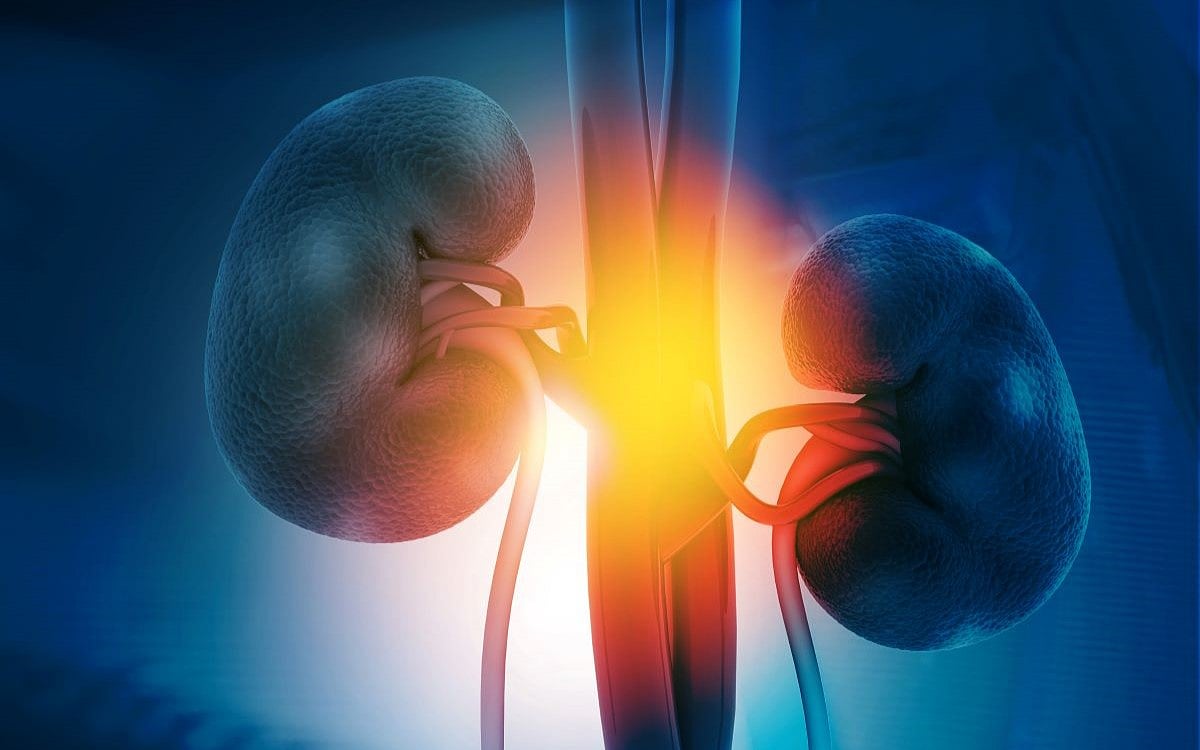Get Healthy!

- Dennis Thompson
- Posted August 20, 2024
Is Dialysis Always Warranted for End-Stage Kidney Failure?
Some seniors with end-stage kidney failure who are too sick for a transplant should probably skip dialysis because the health trade-offs aren't worth it, a new study says.
Seniors who started dialysis immediately after diagnosis with kidney failure only lived an average of nine days longer than those who either waited at least a month to start or never bothered with the treatment, researchers found.
However, early dialysis patients also spent 13 more days in hospitals or care facilities than those who waited or didn’t receive the treatment, results show.
“Is that really what a 75- or 80-year-old patient wants to be doing?” asked lead researcher Maria Montez Rath, a senior research engineer with Stanford Medicine.
“The study shows us that if you start dialysis right away, you might survive longer, but you’re going to be spending a lot of time on dialysis, and you’re more likely to need hospitalization,” Montez Rath added in a Stanford news release.
In addition, dialysis comes with side effects like cramping and fatigue, and typically requires a three- to four-hour visit to a clinic three times a week, noted senior researcher Dr. Manjula Tamura, a professor of nephrology with Stanford Medicine.
“For all patients, but particularly for older adults, understanding the trade-offs is really essential,” Tamura said. “They and their physicians should carefully consider whether and when to proceed with dialysis.”
“It’s a pretty intensive therapy that entails a major lifestyle change,” Tamura added.
Patients can take drugs in lieu of dialysis to manage symptoms of kidney failure like fluid retention, itchiness and nausea, Tamura noted.
For the study, researchers evaluated health records of more than 20,400 patients aged 65 and older with the U.S. Department of Veterans Affairs who were diagnosed with kidney failure between 2010 and 2018.
None of the patients were pursuing a kidney transplant.
The patients were divided into two groups -- those who started dialysis immediately after their diagnosis, and those who waited at least a month. About half of the patients in the waiting group never started with dialysis.
Patients and family sometimes assume that dialysis is their only option, or that it will prolong life significantly, Montez Rath said.
"They often say yes to dialysis, without really understanding what that means,” Montez Rath said.
Age made a difference, researchers found.
Younger seniors, ages 65 to 79, who started dialysis immediately lived 17 fewer days while spending 14 more days in a hospital or care facility.
On the other hand, those 80 and older who got immediate dialysis lived 60 more days but spent just 13 more days in an inpatient facility.
Patients who never underwent dialysis died an average 77 days earlier than those who started dialysis immediately, but they also got to spend 14 more days at home.
The new study was published Aug. 19 in the Annals of Internal Medicine.
Doctors sometimes recommend dialysis because they want to offer patients hope, or because they don’t fully understand the downsides of the treatment, Tamura said.
These results indicate that doctors and patients might consider waiting until kidney function drops lower before initiating dialysis, if they do at all, Tamura said.
“Different patients will have different goals,” Tamura said. “For some it’s a blessing to have this option of dialysis, and for others it might be a burden.”
Doctors also might want to consider portraying dialysis for frail older adults as a palliative treatment intended to relieve symptoms, rather than a means of extending life, Tamura added.
“Currently, dialysis is often framed to patients as a choice between life and death,” Tamura noted.
“When it’s presented in this way, patients don’t have room to consider whether the treatment aligns with their goals, and they tend to overestimate the benefits and well-being they might experience,” Tamura added. “But when treatment is framed as symptom-alleviating, patients can more readily understand that there are trade-offs.”
More information
The National Kidney Foundation has more on dialysis.
SOURCE: Stanford University, news release, Aug. 19, 2024
